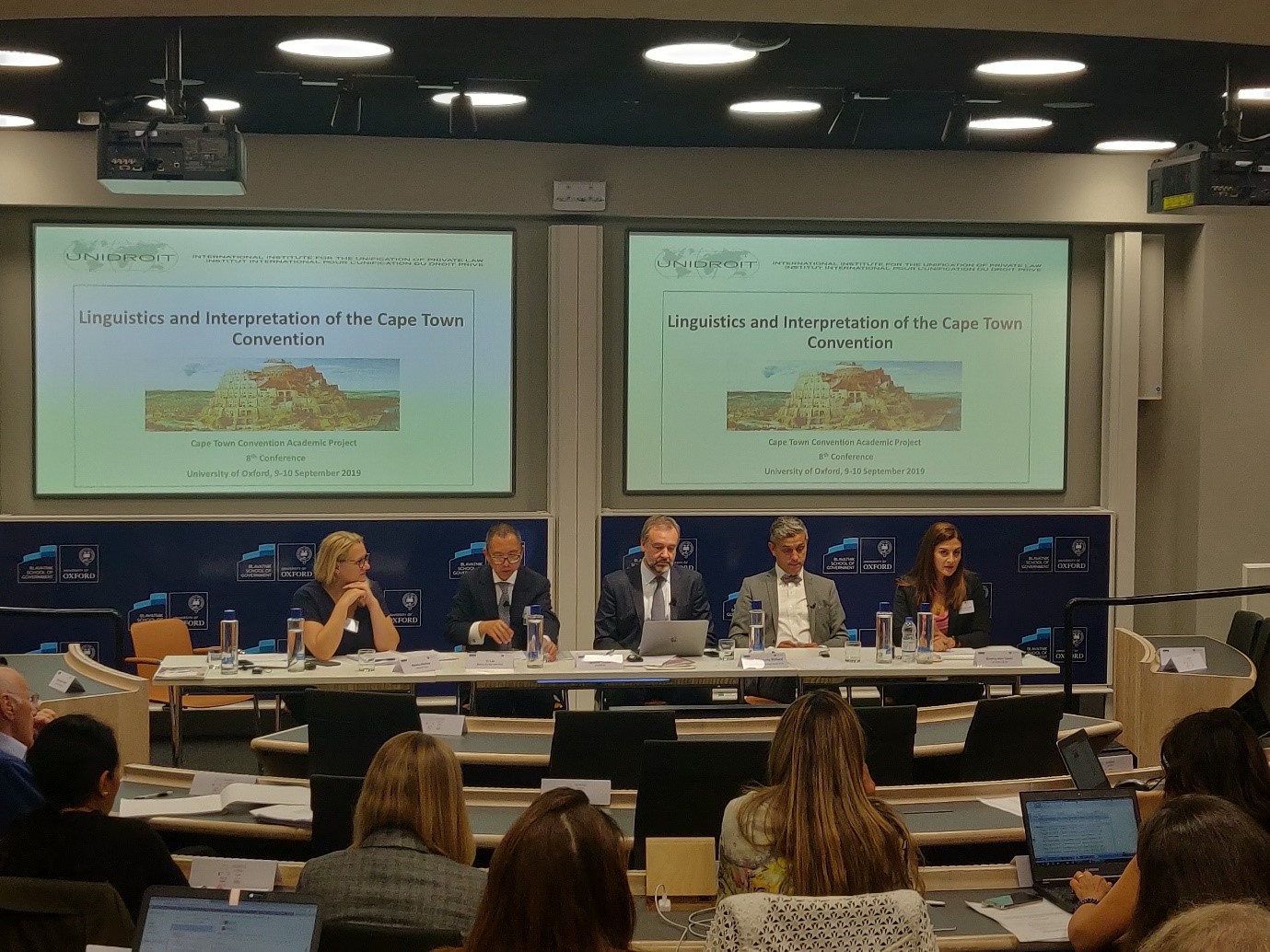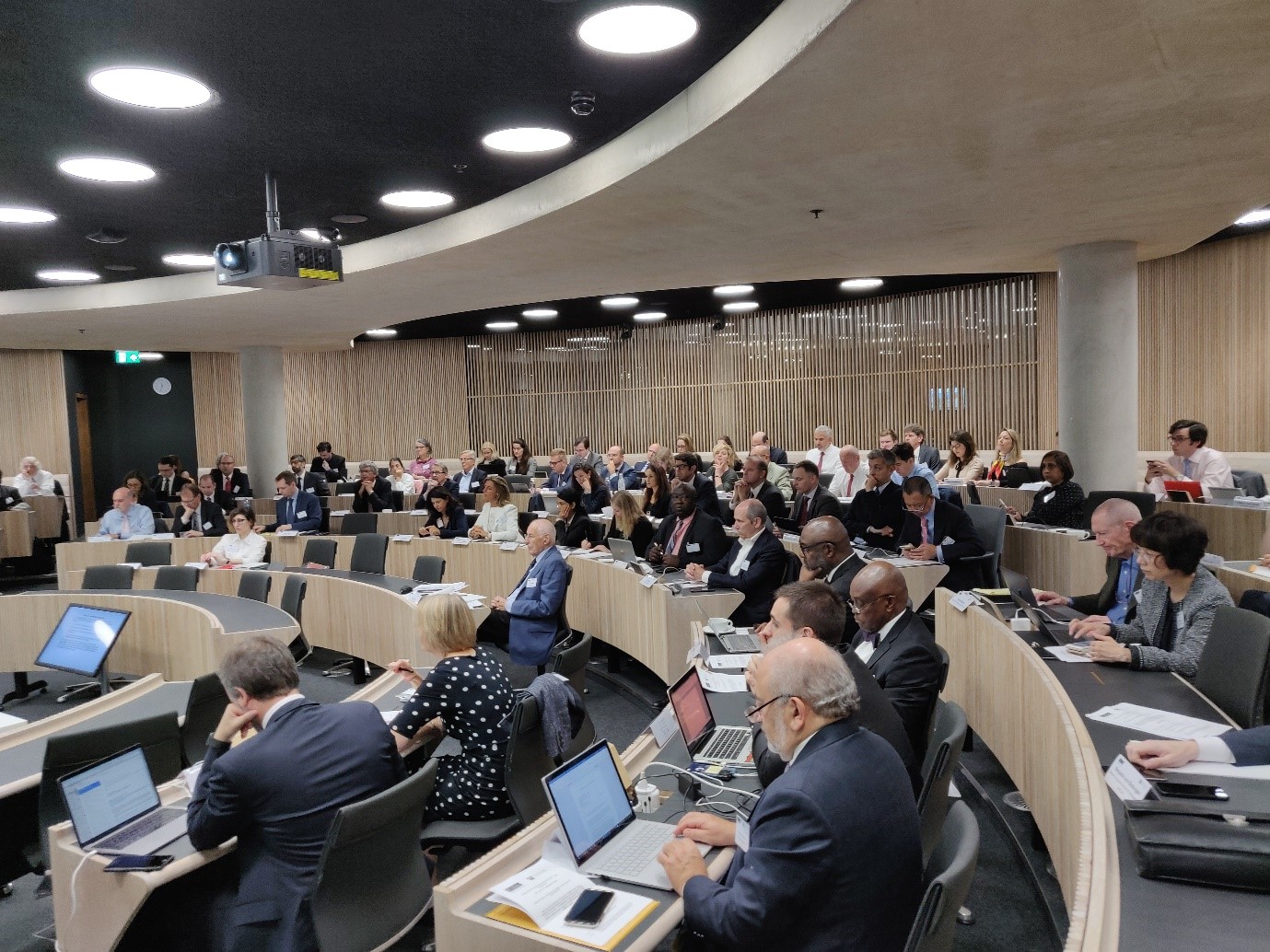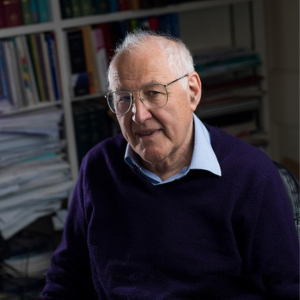8th annual conference of the Cape Town Convention Academic Project
Associated people
The eighth annual conference of the Cape Town Convention Academic Project took place in Oxford on 10th and 11th September 2019.
As usual, this conference covered issues and discussion on all three existing protocols of the Cape Town Convention, and the draft MAC protocol. This year, the format was a little different. The conference consisted of slightly longer panel sessions, with the emphasis on discussion between the panellists and from the floor. Contributions to the Journal this year will include comprehensive reports of the discussion as well as academic papers.
The whole of the first afternoon of the conference was taken up by a major discussion of the Oceanair litigation in Brazil. Fundamental Cape Town Conventions issues are present in that case, including the interpretation and application of its substantive and cross border insolvency provisions. Oceanair is the first large scale insolvency in which the treaty plays a central role. The conference heard analyses of the legal argument from academic experts (Professors Marcelo von Adamek and Francisco Satiro of the University of São Paulo) who have been involved on both sides of the case, as well as an analysis of the facts and the impact and significance of the decision from lawyers from Basch & Rameh and Machado Meyer who acted in the case. The final session focused on the chapter 15 proceedings in relation to Oceanair’s assets situated in the US, in the United States Bankruptcy Court for the Southern District of New York, where the US judge held that creditors in the US could not proceed against the US situated assets without first obtaining court approval in Brazil. Professor John Pottow of the University of Michigan commented on the US decision from both a legal and a political economy viewpoint, with further comments from William Piels, Holland & Knight, San Francisco and Henry Nahm, Milbank.

The second day opened with a panel considering the issues arising from the various language versions of the Cape Town Convention and its protocols. The panel included experts in French, Arabic, Chinese, Russian and Spanish, and the discussion ranged from a critical analysis of Article 33 of the 1969 Vienna Convention on the Law of Treaties, to concrete examples of where differences in language and legal culture have, or might, cause problems in the application of the Convention and its protocols around the world. This panel was followed by a session in which Professor Jeffrey Wool presented the Cape Town Convention Compliance Index, prepared by the Aviation Working Group, which assigns a score to States reflecting the extent to which the Convention is fully and effectively implemented in that State, prevails over conflicting law, and is being interpreted and applied in accordance with its terms and intentions.

With the MAC Protocol Diplomatic Conference coming up in November this year, there were two sessions on the draft protocol. One session looked critically at provisions in that protocol that are based on those in the other protocols, highlighting the reasons for similarities and differences and outlining the discussion on the policy issues in relation to the protocol. The other session examined the relationship between the rail protocol and the draft MAC protocol and domestic secured transactions law. Panelists included Professor Benjamin von Bodungen, of the German Graduate School of Management and Law, and the Rail Working Group, and John Wilson from the World Bank Group, who outlined the benefits to, and interaction with, domestic secured transactions law of the respective protocols.



